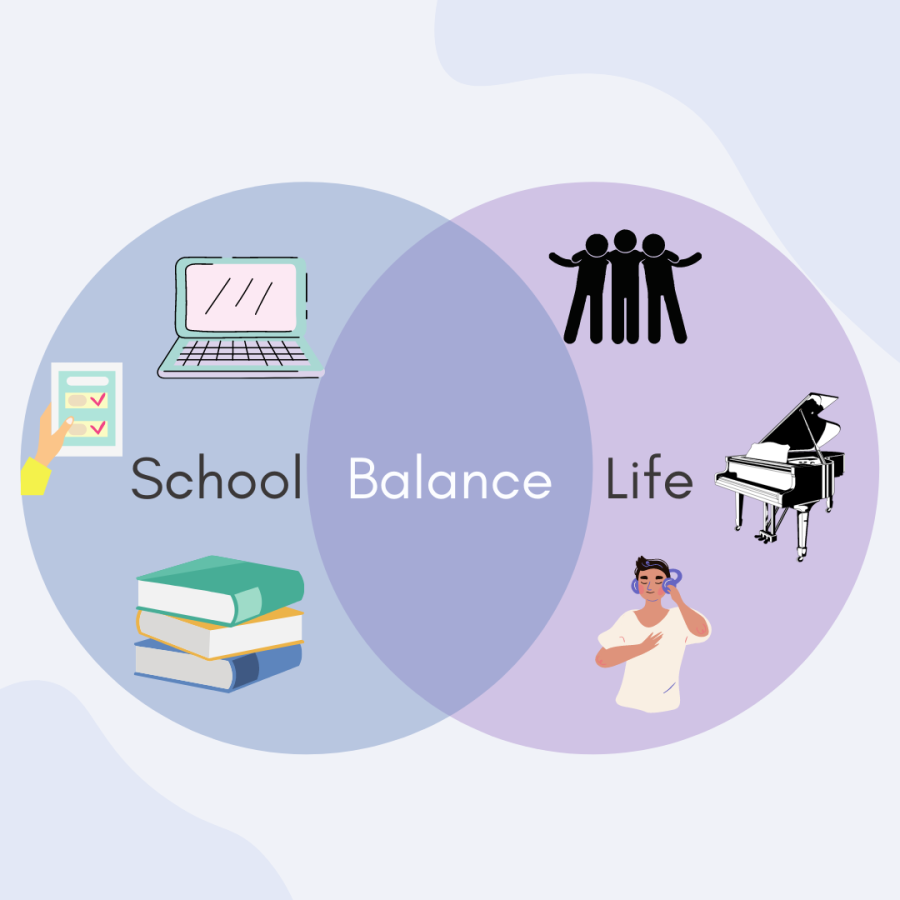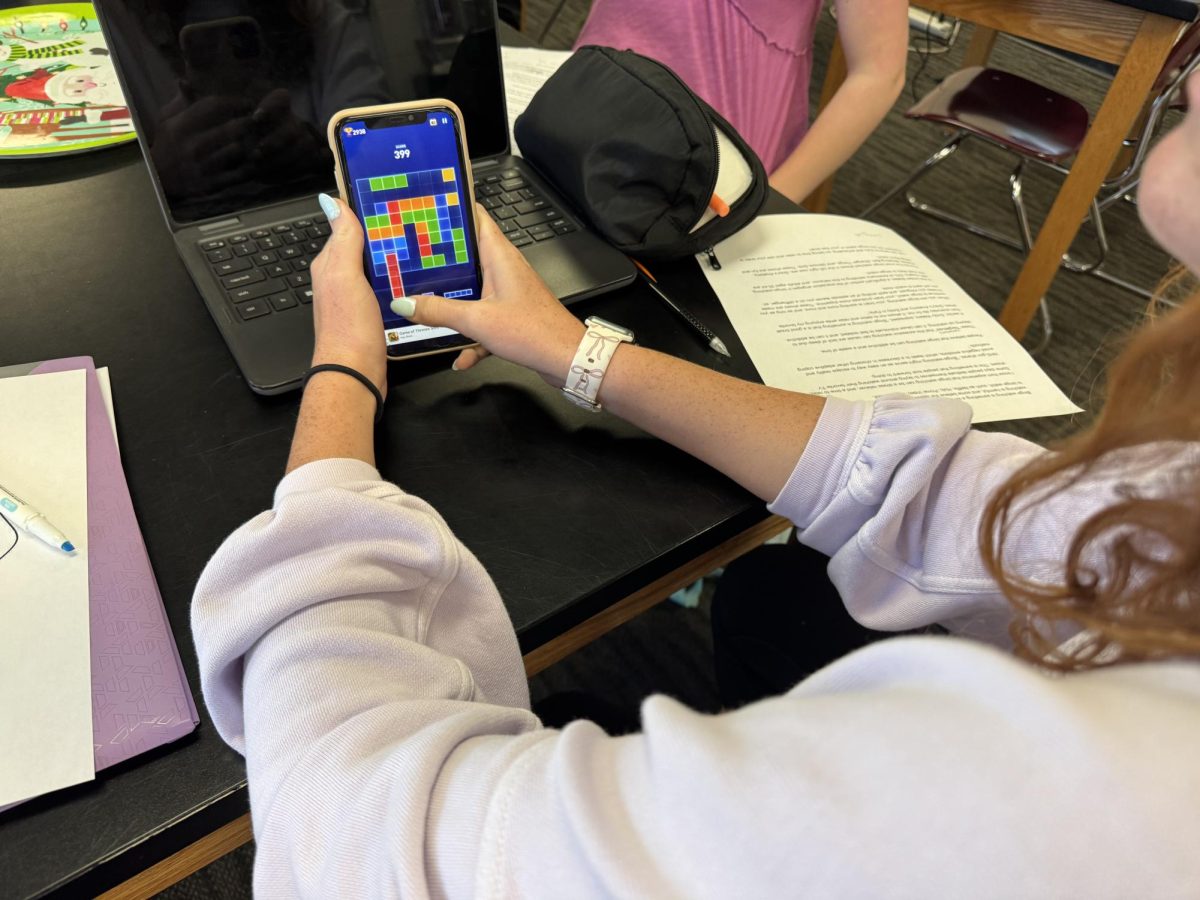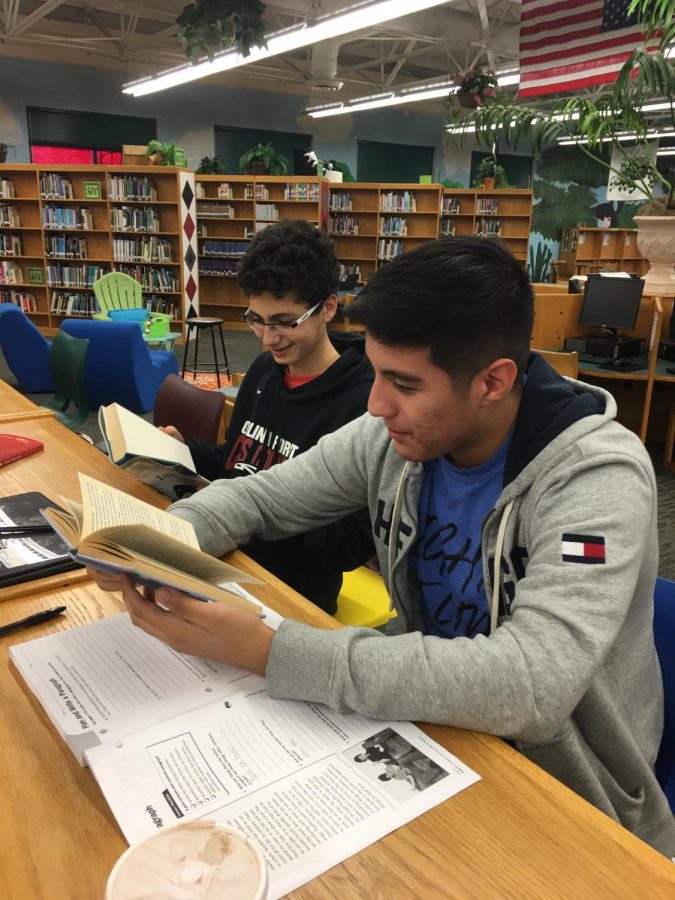Let’s Improve Student Reading!
January 7, 2019
Reading is an overall great thing. It leads to better writing and vocabulary improvement and has proven to bring out better test scores in children and teens. Most of all, it is an enjoyable activity.
A majority of students here at CFHS report that they rarely read outside of assigned reading.
Mr. Philon has reported a rough fifty percent estimate of readers and discussion participants for his classes which seems to be the case for the majority of English classes when it comes to assigned novels.
Mr. Rabon shares the opinion that “the issue might be with word ‘assigned’.” He adds that when class reading is assigned, “fewer students read, and most of those who read are more concerned about not failing a quiz rather than actually engaging with discussion about the [material].”
This can easily change with the inspiration of one book, but it can also change through the willingness to learn. Reading helps to integrate skills of complex understanding which help prepare students for college.
The more a teenager reads outside of his/her assignments, the more he/she knows. Seeing how an author writes will instill different writing techniques in teens. While reading, new words appear overtime. This leads to improved vocabulary.
“It is less about the number of books a person reads and more about the regularity of reading,” Mr. Rabon says. “A person needs to read daily. [No matter the content]. Daily reading helps people engage with new ideas.”
The majority of English teachers believe that everyone should read daily. “I am big believer that students as well as adults should read a minimum of 20 minutes or more a day to strengthen fluency and comprehension skills,” Ms. Puusepp adds.
On the bright side of things, Puusepp happily comments that as of 2018, “[She] does not have as many students that are readers” because of the change in elementary reading programs. She also reports that students, no matter the grade level, generally love being read to aloud.
Not only does reading help intellectually, but it increases empathy in a person. The more empathetic someone is, the more they are able to understand another person’s problems. This improves behavior. Teenagers are known for being moody, and reading can surely help them understand the issues of their parents and others more. When they are able to understand that, their moods will more or less change positively.
The library staff has reported that the top read for 2017 was If I Stay by Gale Forman.
The popular circle of books for the last month rank All We Left by Wendy Mills and Tell Me Three Things by Julie Buxbaum. These were the novels chosen by students outside of class. The books seem to be of interesting premises.
Reading isn’t a burden; it is a haven. It helps to relax and calm individuals. If hesitant, start small. Mr Philon recommends three or four books per semester outside of those assigned for classes. Even the act of reading The Prowler daily is a start. Find a quiet space, get a source of writing, and implement this excellent activity into your life.
Recommended list of books for entertainment (a variety is listed for persons’ varying interests):
- Quick Reads (for relaxation)
- Wonder by R. J. Palacio
- The Sun is Also a Star by Nicola Yoon
- Classics (for critical thinking)
- The Telling by Ursula K. LeGuin
- The Book Thief by Markus Zusak
- To Kill A Mockingbird by Harper Lee
- A Time for Cheer (for the Christmas break)
- Rudolph Shines Again by Robert L. May
- Top Ten Clues You’re Clueless by Liz Czukas
- The Afterlife of Holly Chase by Cynthia Hand
- Other Recommendations
- Mila 18 by Leon Uris
- St.Iggy by K.L.
- Teen Ink Magazine is also an excellent daily source of literature




































